Uncategorized
-
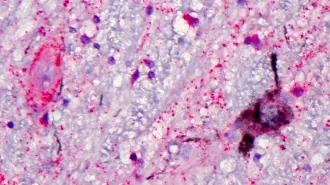 Life
LifeAlzheimer’s targets brain cells that help people stay awake
Nerve cells in the brain that are tied to wakefulness are destroyed in people with Alzheimer’s, a finding that may refocus dementia research.
-
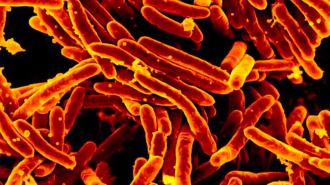 Humans
HumansA new FDA-approved drug takes aim at a deadly form of tuberculosis
The antibiotic could help tackle extensively drug-resistant tuberculosis, which kills tens of thousands each year.
-
 Space
SpaceLIGO and Virgo probably spotted the first black hole swallowing up a neutron star
In a first, astronomers may just have detected gravitational waves from a black hole merging with a neutron star.
-
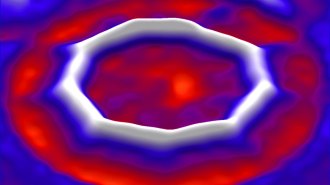 Chemistry
ChemistryChemists have created and imaged a new form of carbon
A new molecule takes its place among buckyballs, carbon nanotubes and other odd forms of carbon.
-
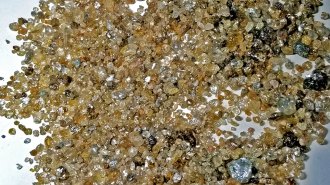 Earth
EarthFluid in superdeep diamonds may be from some of Earth’s oldest unchanged material
Primordial rock deep in the mantle and dating to just after Earth’s formation could yield insights about the planet’s formation and evolution
-
 Physics
PhysicsNew cloaking devices could hide objects from water waves and currents
Specially designed materials could help prevent boats from rocking too violently in harbors, researchers say.
-
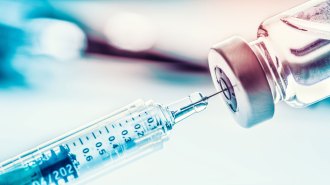 Humans
HumansThe first chlamydia vaccine has passed a major test
A clinical trial for a vaccine against the sexually transmitted disease found that the product provoked an immune response.
-
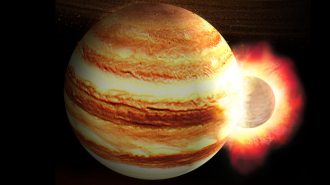 Space
SpaceA planetary body may have smashed into Jupiter, creating its weird core
A planetary body smashing into Jupiter may have jostled the gas giant’s insides during its formative years, creating the strange interior seen today.
-
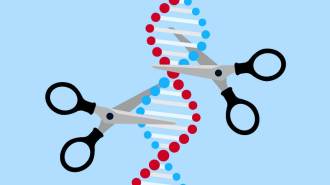 Life
LifeCRISPR enters its first human clinical trials
The gene editor will be used in lab dishes in cancer and blood disorder trials, and to directly edit a gene in human eyes in a blindness therapy test.
-
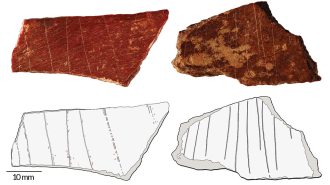 Humans
HumansEngraved bones reveal that symbolism had ancient roots in East Asia
Denisovans might have etched line patterns on two animal bone fragments more than 100,000 years ago in what’s now northern China.
By Bruce Bower -
 Space
SpaceAstronomers just quintupled the number of known repeating fast radio bursts
A Canadian telescope spotted eight more repeating fast radio bursts. What causes these cryptic flashes of radio waves from deep space remains unclear.
-
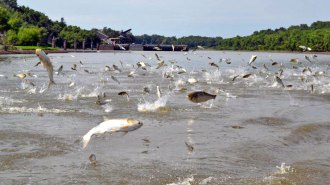 Life
LifeA mussel poop diet could fuel invasive carp’s spread across Lake Michigan
Asian carp, just a human-made waterway away from reaching Lake Michigan, could live in much more of the lake than previously thought.